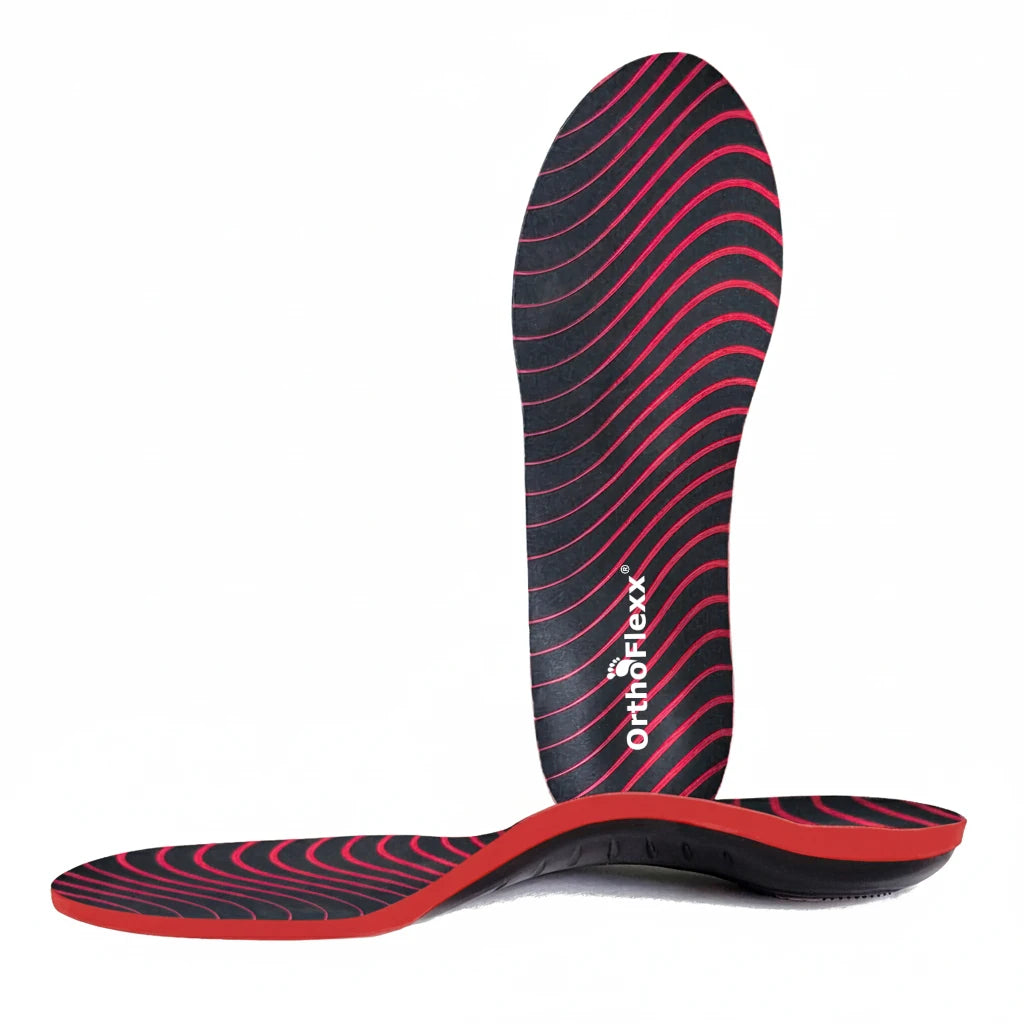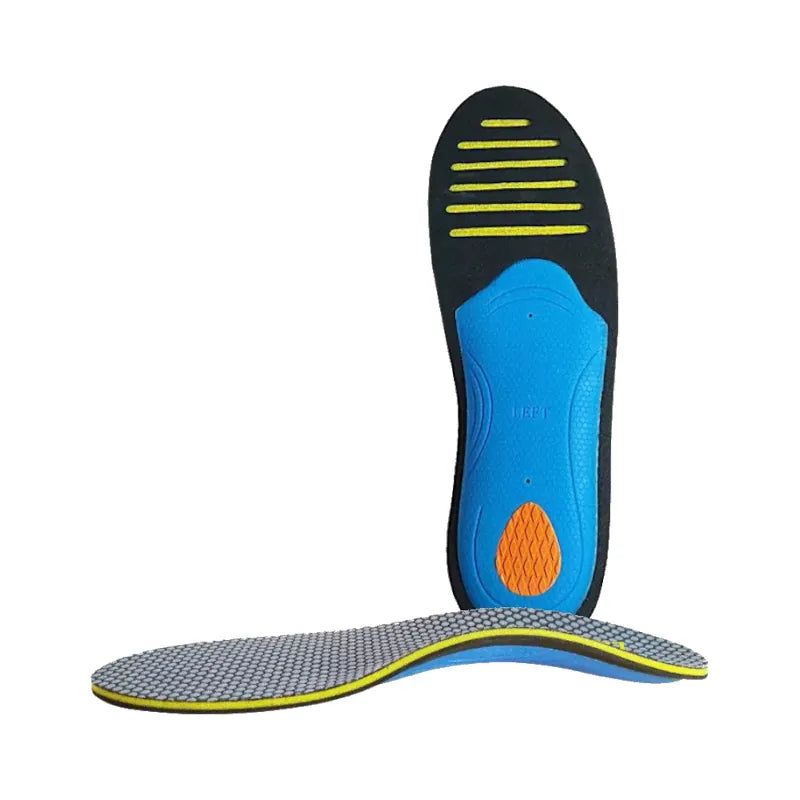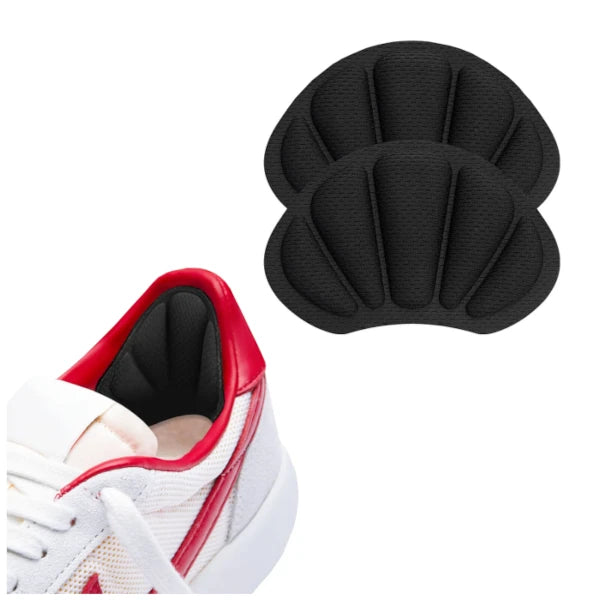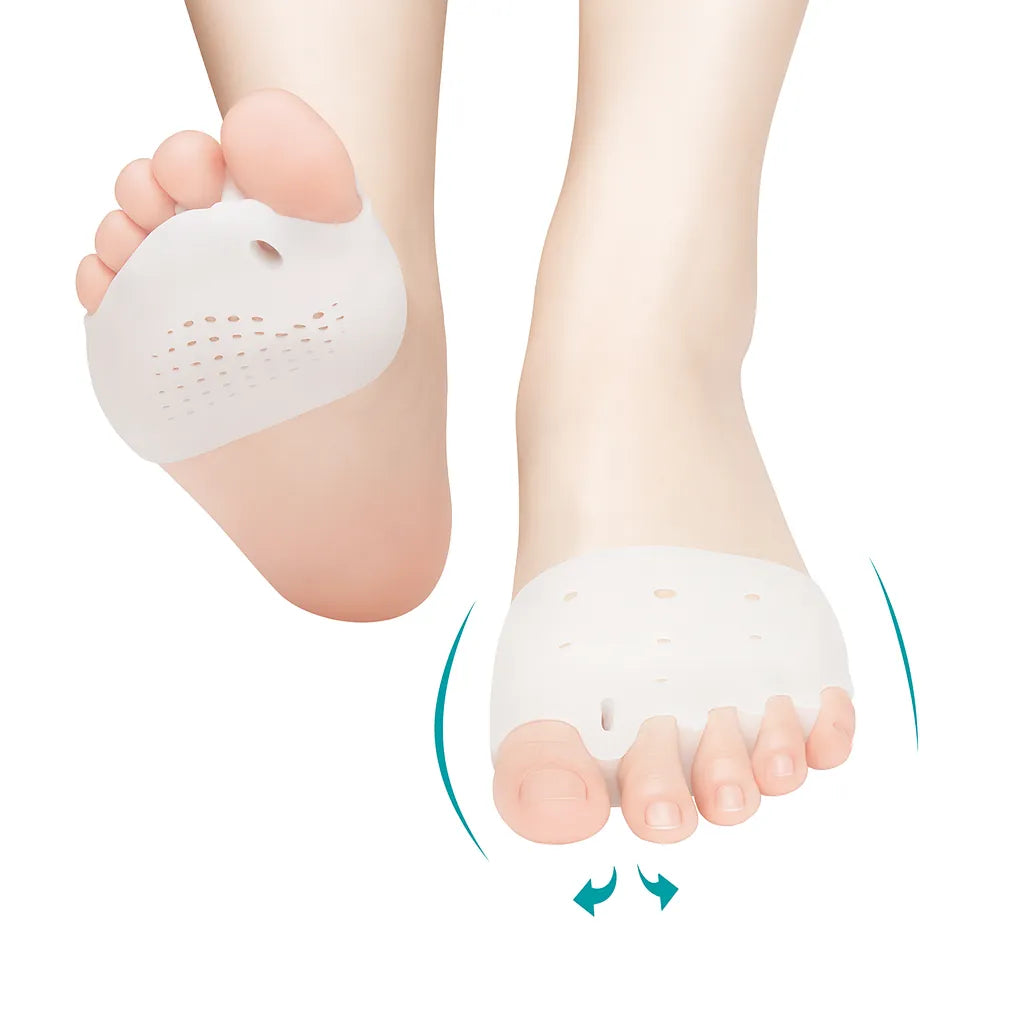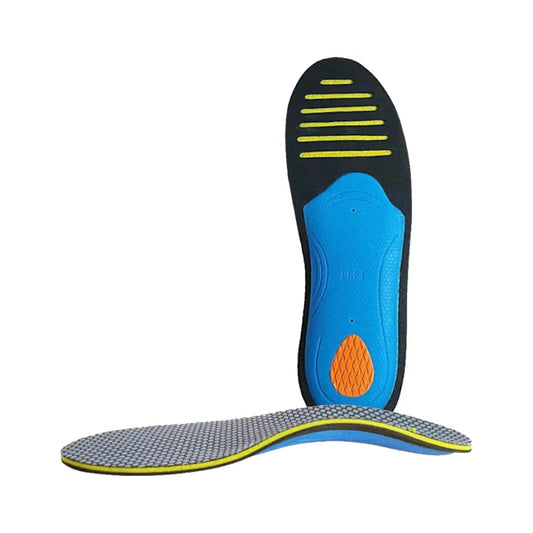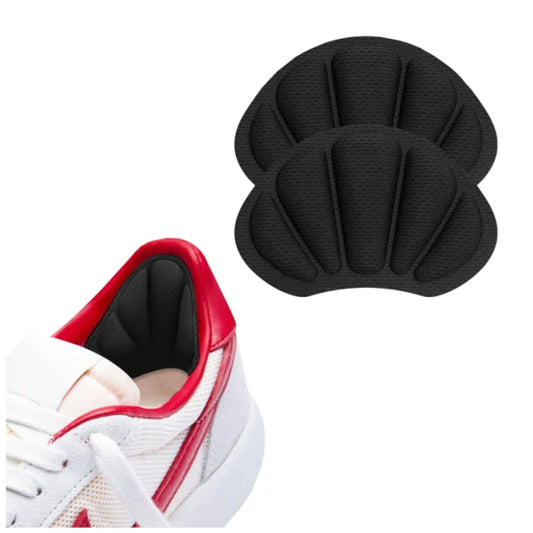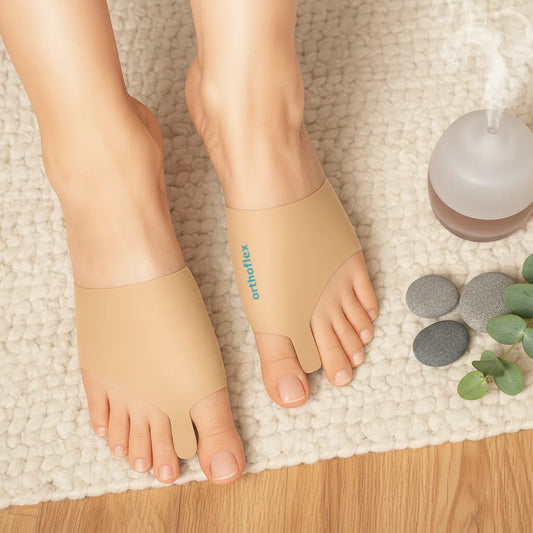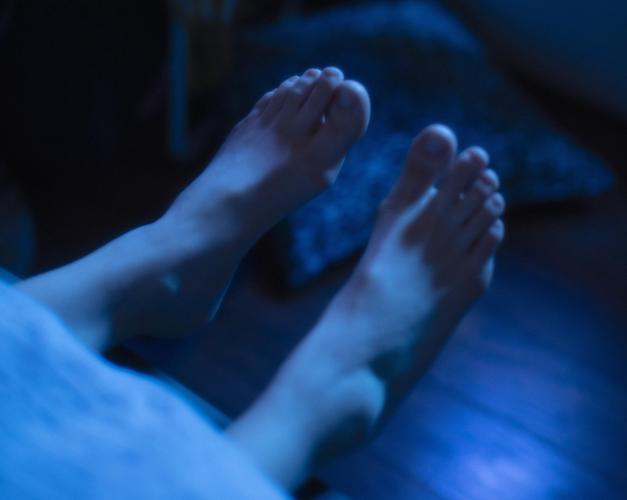
Foot pain at night - Possible causes
Share
Foot pain at night can be an uncomfortable and disruptive experience that affects many individuals. The pain can range from mild to severe and can be caused by a variety of factors, including medical conditions and lifestyle habits.
Understanding the causes of foot pain at night can help individuals take the necessary steps to alleviate their discomfort and improve their overall quality of life.

Common causes of foot pain at night
One of the most common causes of foot pain at night is plantar fasciitis. Plantar fasciitis is a condition that occurs when the plantar fascia, a thick band of tissue that runs along the bottom of the foot, becomes inflamed.
This inflammation can cause pain in the heel and arch of the foot, especially when weight is placed on the affected foot.
Plantar fasciitis is often caused by repetitive strain or overuse of the plantar fascia, which can occur from activities such as running or standing for long periods of time.
Another common cause of foot pain at night is arthritis. Arthritis is a disease that causes a generalized inflammation of the joints, including those in the feet.
The pain associated with arthritis can be severe and can be worse at night, as the joints may stiffen and become more painful during periods of inactivity.
In addition to plantar fasciitis and arthritis, other medical conditions can cause foot pain at night such as:
Peripheral neuropathy - a type of nerve damage that can cause numbness, tingling, and pain in the feet;
Gout - a type of arthritis that causes sudden and severe pain in the joints;
Flat feet - an anatomical abnormality due to the undeveloped arch of the feet;
Bunions - a bony bump formed on the joint at the base of the big toe;
Stress fractures - an overuse injury. Occurs when the muscles become fatigued and are unable to absorb shock, eventually the fatigued muscles transfer the overload of stress to the bone, generating this type of fracture.
Besides medical conditions that can cause foot pain at night, there are also some lifestyle habits that can contribute to this. For example, wearing shoes that do not fit properly or are worn out can cause foot pain, especially at night. High heels and shoes with narrow or pointed toes can also contribute to foot pain, as they can cause pressure on the toes and feet. Additionally, standing or walking for long periods of time without proper support or rest can lead to foot pain at night.
Another lifestyle factor that can contribute to foot pain at night is obesity. Excess weight can put pressure on the feet, causing pain and discomfort.
Individuals who are overweight or obese may also be more likely to develop medical conditions such as plantar fasciitis and arthritis, which can contribute to foot pain at night.
Finally, poor circulation can also cause foot pain at night.
Poor circulation can occur as a result of medical conditions such as diabetes or peripheral artery disease, as well as lifestyle factors such as smoking and a sedentary lifestyle.
When the feet do not receive adequate blood flow, they may become painful and swollen, especially at night when blood flow naturally slows down.
How to treat it?
In order to alleviate foot pain at night, it’s important to identify the underlying cause of the pain and for that, you should advise your doctor.
After determining what’s causing your foot pain at night, the doctor will recommend you the specifications for your case.
For patients suffering from plantar fasciitis or arthritis, treatment may involve rest, physical therapy, and the use of supportive footwear and orthotics. In some cases, medications may also be prescribed to alleviate pain and inflammation.
For individuals with more severe medical conditions such as peripheral neuropathy or diabetes, it’s essential to work with a healthcare provider to manage the condition and prevent further complications.
Lifestyle changes such as losing weight, quitting smoking, and increasing physical activity can also help improve circulation and alleviate foot pain at night.
Home remedies
In addition to medical treatment and lifestyle changes, there are also several home remedies that can help alleviate foot pain at night. These include:
- Stretching - Simple stretches such as pulling the toes towards the body or rolling a tennis ball under the foot can help alleviate pain and discomfort;
- Massage - Massaging the feet can help improve circulation and relieve tension;
- Ice or heat therapy - Applying ice or heat to the feet can help reduce pain and inflammation;
- Elevation - Elevating the feet while sleeping can help improve circulation and reduce swelling;
- Proper footwear - Wearing supportive and comfortable footwear can help alleviate foot pain, especially at night;
- Insoles - Additional shock absorption and cushion should alleviate the impacts felt from daily life.
Foot pain at night can be caused by a variety of factors, including medical conditions and lifestyle habits. Understanding the underlying cause of the pain is important in order to identify the most effective treatment options.
By working with a healthcare provider, making lifestyle changes, and using home remedies, individuals can alleviate foot pain and improve their overall quality of life.
Author Bio

Marlene Carvalho
Certified Sports Physiotherapist of Elite and Olympic athletes; Performance Coach to racing drivers
Marlene Carvalho is a sports physiotherapist passionate about all things sports.
References
- American Academy of Orthopaedic Surgeons. (2020). Plantar fasciitis. https://orthoinfo.aaos.org/en/diseases--conditions/plantar-fasciitis/
- National Institute of Neurological Disorders and Stroke. (2019). Peripheral neuropathy fact sheet. https://www.ninds.nih.gov/Disorders/Patient-Caregiver-Education/Fact-Sheets/Peripheral-Neuropathy-Fact-Sheet
- Arthritis Foundation. (n.d.). What is arthritis? https://www.arthritis.org/health-wellness/about-arthritis/understanding-arthritis/what-is-arthritis
- American Academy of Orthopaedic Surgeons. (2021). Adult-acquired flatfoot deformity. https://orthoinfo.aaos.org/en/diseases--conditions/adult-acquired-flatfoot-deformity-aafd/
- National Institute of Diabetes and Digestive and Kidney Diseases. (2021). Overweight & obesity statistics. https://www.niddk.nih.gov/health-information/health-statistics/overweight-obesity
- American Heart Association. (2021). Peripheral artery disease (PAD). https://www.heart.org/en/health-topics/peripheral-artery-disease
